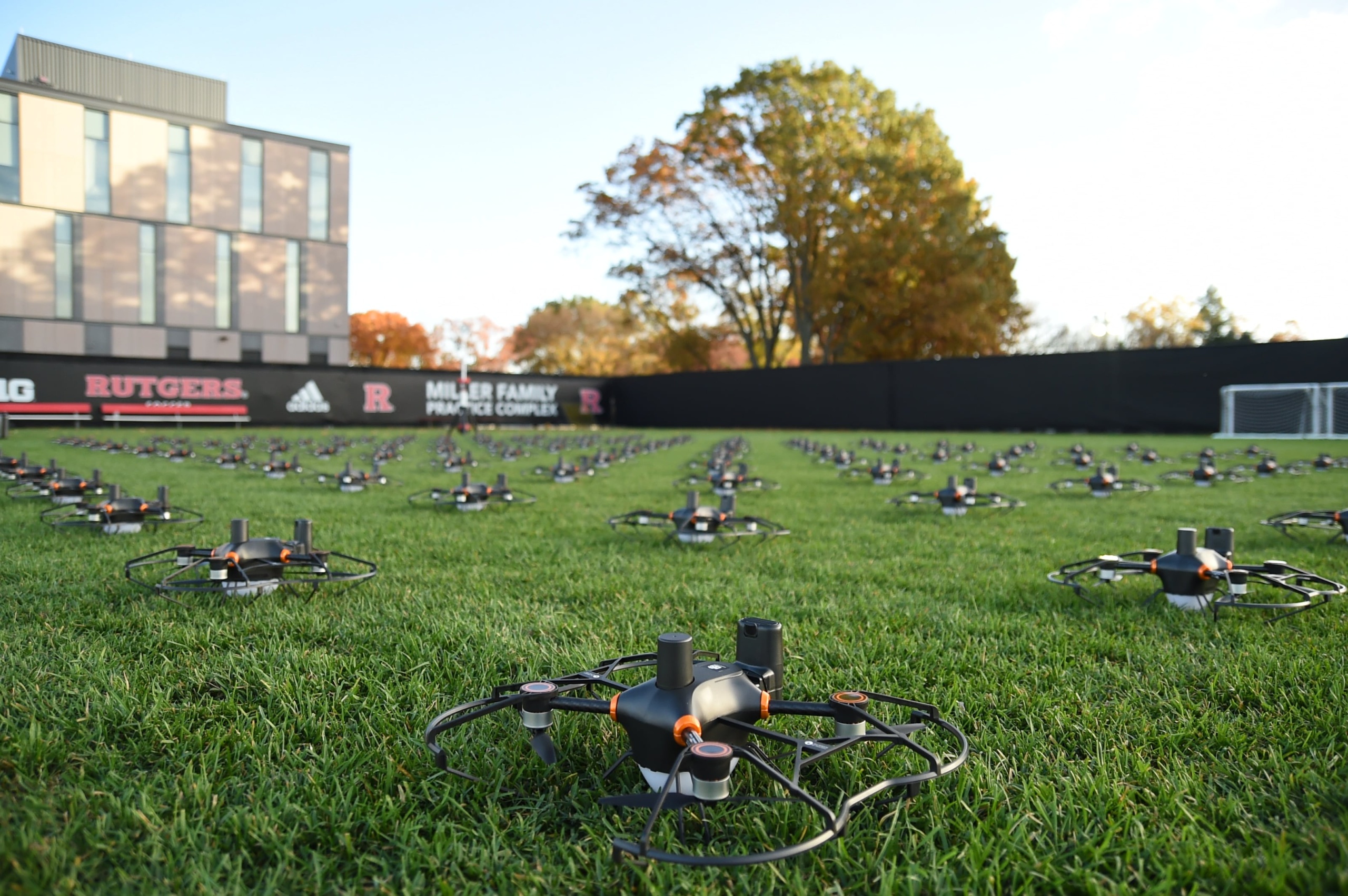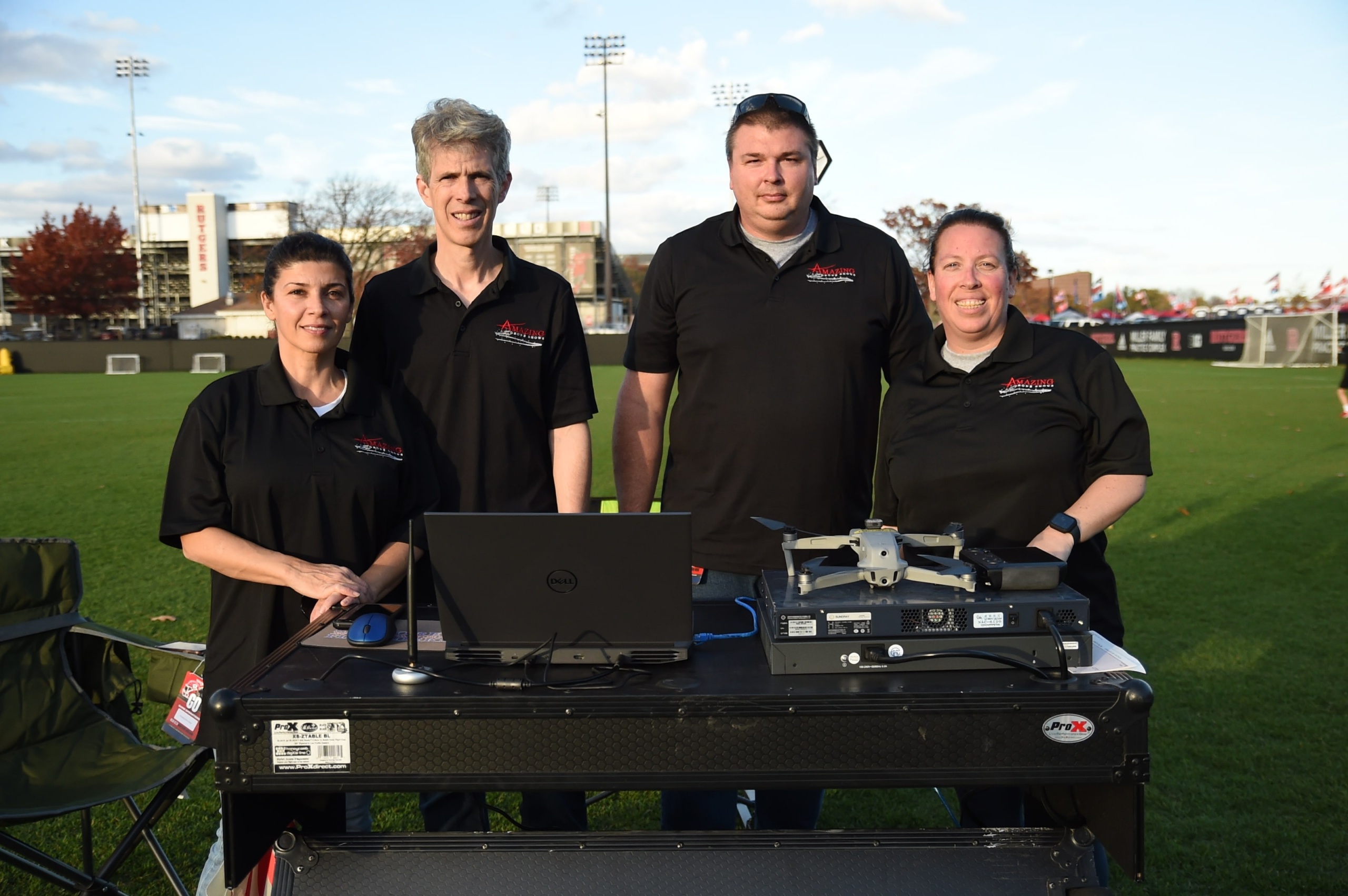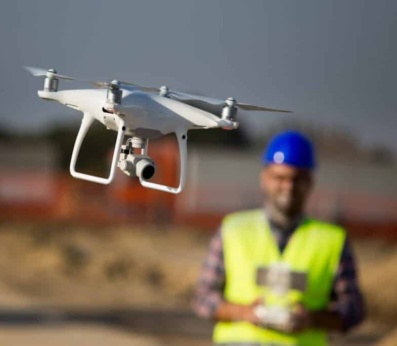Standard Drone Image Services
You’ve just acquired a new drone and are eager to charge its battery and take it on the first test flight. However, before taking off, it’s essential to familiarize yourself with the rules and regulations established by the Federal Aviation Administration (FAA) for drone flight in the United States. Here’s a comprehensive overview of the safety and regulations surrounding standard drone image services in New Jersey, enabling operators to navigate the guidelines confidently.
Overview of Federal Aviation Administration (FAA) Regulations
The FAA is the governing body responsible for regulating the national airspace in the United States, including uncrewed aircraft systems (UAS) or drones. The FAA’s regulations aim to ensure the safe integration of drones into the airspace while minimizing risks to other aircraft and people on the ground.
Key FAA regulations for drone operations include:
Part 107
Part 107 is a set of regulations designed explicitly for small uncrewed aircraft systems (sUAS) weighing less than 55 pounds (including payload). It applies to both commercial and non-recreational drone operations. Under Part 107, operators must:
- Obtain a remote pilot certificate by passing an aeronautical knowledge test.
- Keep the drone within visual line of sight (VLOS) during flight without a waiver.
- Fly only during daylight or civil twilight (30 minutes before sunrise to 30 minutes after official sunset) unless appropriate lighting is used.
- Follow specific altitude and speed restrictions.
- Avoid flying over people not directly participating in the drone operation.
Drone Registration
The FAA requires drones weighing between 0.55 pounds and 55 pounds to be registered. This includes both recreational and commercial drones. Registration involves providing contact information and affixing a unique registration number to the drone.

Temporary Flight Restrictions (TFRs)
TFRs are temporary airspace restrictions put in place by the FAA for various reasons, such as emergencies, VIP movements, or significant events. Drone operators must respect TFRs and avoid flying in restricted airspace.
Waivers and Authorizations
The FAA allows applying for waivers or authorizations to deviate from specific Part 107 regulations. This includes flying at night, beyond visual line of sight (BVLOS), or operating in controlled airspace.
Drone operators must review and understand the specific regulations outlined in Part 107 and any updates or additional guidance the FAA provides. Compliance with these regulations is essential to ensure safe and lawful drone operations within the national airspace.
Guidelines for Standard Drone Image Services in New Jersey
Obtaining a Drone Pilot License
If you plan to offer professional drone image services in New Jersey, holding a Remote Pilot Certificate issued by the Federal Aviation Administration (FAA) is essential. This certificate ensures you have the knowledge and skills to safely and responsibly operate a drone. You must pass the FAA’s Part 107 Aeronautical Knowledge Test to obtain the license. Completing this test will enable you to legally provide drone image services in New Jersey.

Adhering to FAA Regulations
Besides obtaining a drone pilot license, operators in New Jersey must also comply with the FAA’s regulations for uncrewed aircraft systems (UAS). These regulations are designed to ensure airspace safety and individuals on the ground.
Understanding State and Local Regulations
Drone operators in New Jersey must be aware of state and local regulations that apply to their operations. While New Jersey does not have specific statewide drone laws, some cities may have their ordinances regarding drone usage. Researching and understanding any additional regulations in the areas where you plan to offer drone image services is crucial to ensure compliance.
Privacy and Consent Considerations
As a professional drone operator in New Jersey, respecting privacy and obtaining necessary consent is vital. Getting the required license or permissions is crucial when capturing images or videos involving individuals or private property. Understanding privacy laws and respecting individuals’ rights will help build trust and maintain a positive reputation as a drone service provider.
Insurance and Liability
Obtaining appropriate insurance coverage is highly recommended for drone operators in New Jersey. Accidents can happen, even with the utmost caution, and insurance coverage will protect the operator and their clients in the event of property damage or personal injury.
Respect for Wildlife and the Environment
As drone operators in New Jersey, respecting the local wildlife and natural environment is crucial. Avoid disturbing animals, nesting areas, or sensitive habitats. Follow the wildlife protection regulations, such as avoiding flight over protected species or areas. Additionally, avoid flying near environmentally sensitive areas like wetlands or nature reserves, where drones may cause disruption or damage. By practicing responsible and mindful drone operations, you can minimize your environmental impact and contribute to preserving New Jersey’s natural beauty.
End Note!
To ensure safe and compliant drone operations for standard drone image services in New Jersey, operators must follow the Federal Aviation Administration’s (FAA) regulations. Operators should also know state and local regulations, prioritize privacy and consent considerations, obtain insurance coverage, and practice responsible environmental stewardship.
Experience the skies like never before with Amazing Drone Shows, your premier provider of standard drone image services in New Jersey. Contact us now!

